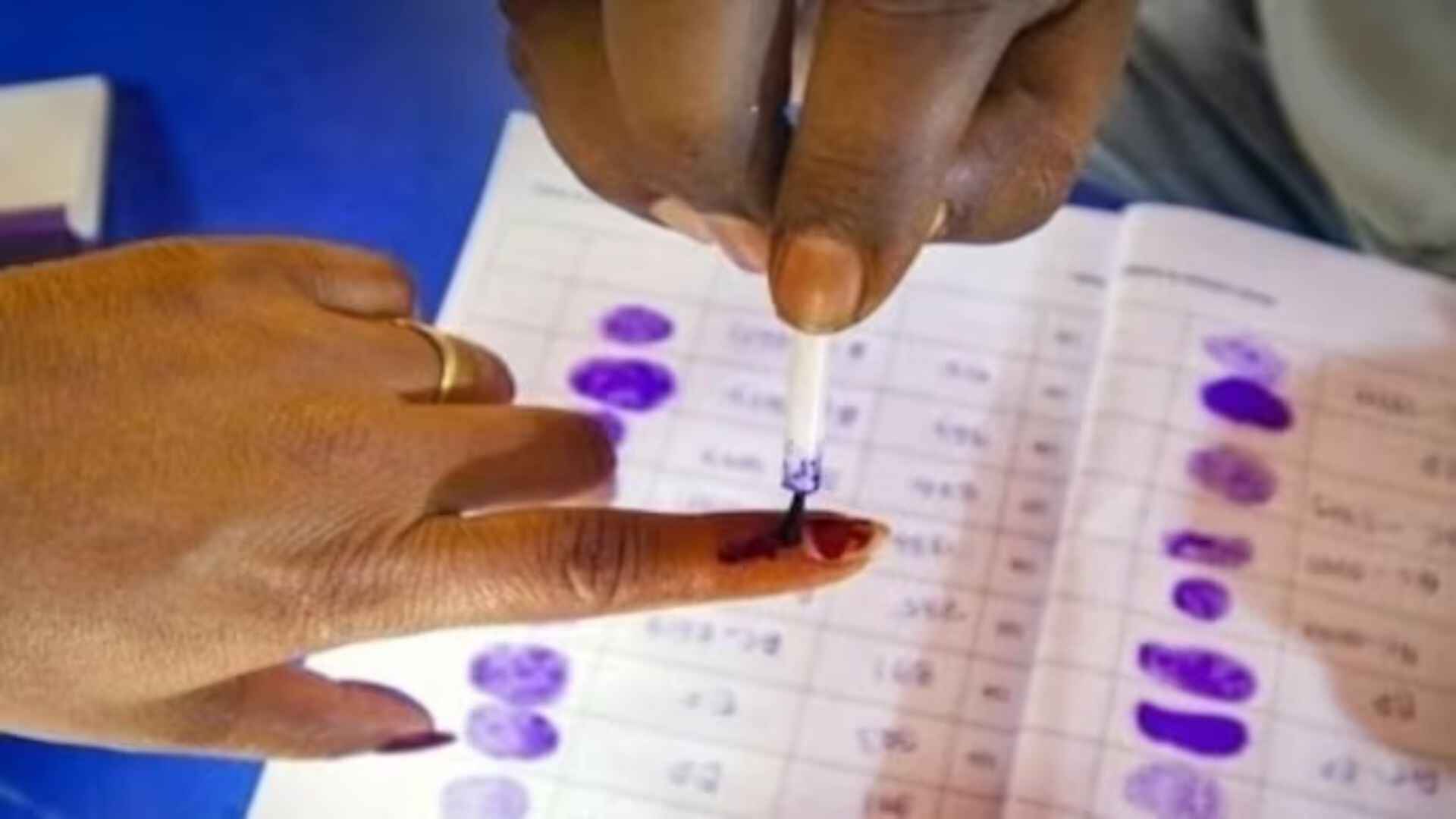The announcement of exit poll results is scheduled shortly after the conclusion of the final phase of Lok Sabha elections. Presently, polling is underway in seven states and one Union Territory. The Election Commission has strictly forbidden the dissemination of any exit poll data before the completion of the entire voting process. These polls, conducted through surveys and voter feedback, offer insights into voter opinions and their expectations from the outcomes. Notable agencies like Axis My India, Today’s Chanakya, IPSOS, CVoter, and CSDS undertake the task of conducting these exit polls.
Exit polls serve as an intriguing aspect of the electoral procedure, providing a glimpse into potential outcomes before official results are declared.
Examining the accuracy of exit polls in previous elections:
Exit poll forecasts are never to be blindly relied upon, as there is always a margin for error. Instances of exit polls failing to accurately predict outcomes are not uncommon. However, in both 2019 and 2014, exit poll predictions managed to capture the national mood reasonably well.
In the 2019 elections, exit polls on average predicted the NDA’s tally at 306 seats and the UPA’s at 120 seats. These predictions fell short of the actual results, with the NDA securing 352 seats and the BJP alone winning 303 seats. The then-UPA managed to secure 93 seats, with the Congress holding 52.
Similarly, in the 2014 elections, exit polls hinted at a victory for the BJP-led NDA, although they underestimated the extent of the landslide. On average, eight exit polls predicted 283 seats for the NDA and 105 seats for the UPA. However, the NDA ultimately secured 336 seats, with the BJP alone winning 282 seats. The UPA secured 60 seats, with the Congress winning 44.
What sets the 2024 elections apart:
The 2024 elections do not feature the traditional NDA vs. UPA dynamic; instead, they pit the NDA against the new opposition alliance, INDIA. Prime Minister Narendra Modi has set an ambitious target of ‘NDA 400 paar,’ where the BJP aims to secure over 370 seats independently.
In an unusual move, the Congress has announced its decision not to participate in exit poll debates on television channels, citing a desire to avoid speculation and sensationalism for the sake of ratings.







